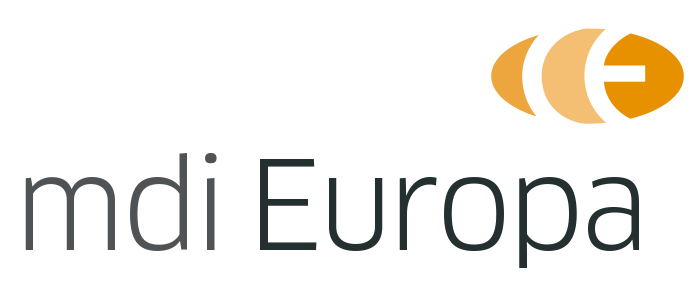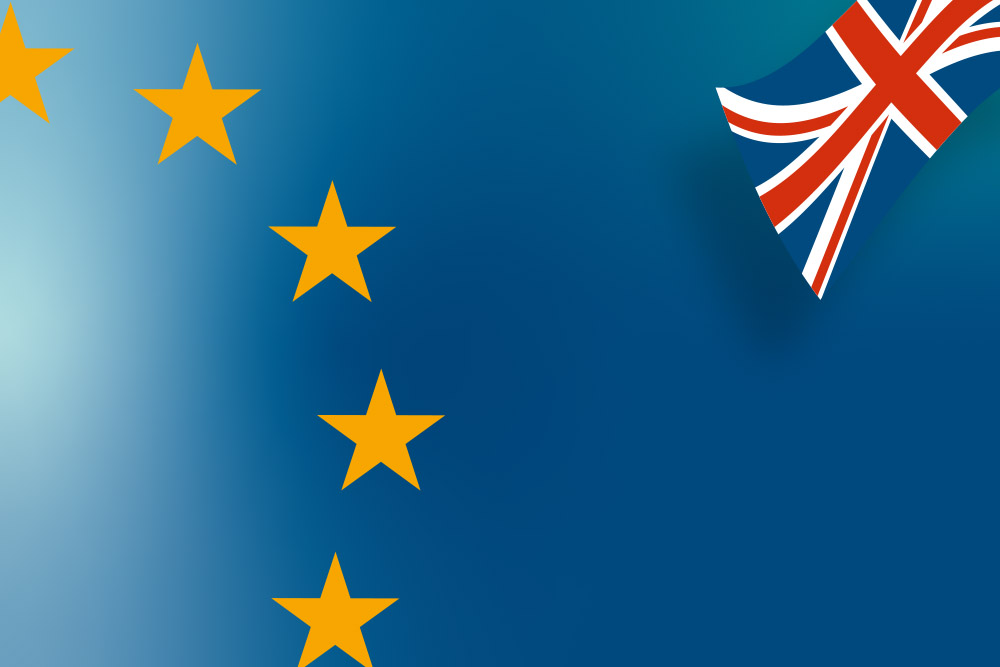The UK medical technology sector is grappling with uncertainty because the National Health Service’s (NHS) much-anticipated 10-year health plan has been postponed until summer. Concurrently, NHS England’s temporary shutdown has raised questions about the government’s capacity to oversee device approvals and market access. Manufacturers are particularly anxious for clarification on UKCA marking requirements, whether internationally approved products will be accepted, and the classification of Class B in vitro diagnostics.
Concerns Over UKCA Mark
For the past three years, industry stakeholders have awaited a new legislative framework to replace the post-Brexit pre-market statutory instrument. Many fear that a UKCA mark holds little value in a market that accounts for just 2–3 percent of global medical technology revenues. Early consultation feedback suggests the Medicines and Healthcare products Regulatory Agency may insist that most companies retain a CE mark to avoid additional UK compliance. In effect, this would compel firms to secure European approval merely to sell in Britain.
Mutual Recognition as a Viable Alternative
Some experts argue for a simpler solution: the UK could negotiate a mutual recognition agreement with the EU, akin to Turkey’s arrangement. Under such a deal, CE-marked devices would be automatically accepted in Great Britain, minimizing duplication and aligning UK rules with EU standards. While this approach would limit reliance on approvals from countries like Australia, Canada, or the US, it would grant UK firms predictable access to the broader European market.
Source: Medtech Insight (an Informa product)





